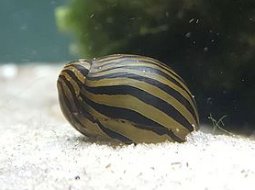
Loading Aqualapp ...
Care and Compatibility of Paradise Fish - Macropodus Opercularis
Introduction
The Paradise Fish has an elongated and laterally compressed body, with long and showy fins. Males are particularly striking, with bright colors and long, elegant fins. Females have more subdued colors but also have long fins. They are popular in aquariums due to their attractive appearance.
Behavior
The Paradise Fish, also known as Macropodus opercularis, is a species of freshwater fish native to Asia. They are known for their beauty and territorial behavior. They are labyrinth fish, which means they can breathe air directly from the surface and survive in low oxygenated waters.
Sexual Dimorphism
Sexual dimorphism in Macropodus opercularis is pronounced. Males have brighter colors and longer fins than females. Additionally, males may develop a black spot at the base of the dorsal fin when in breeding condition.
Reproduction
Breeding Paradise Fish can be challenging in home aquariums. Males build floating bubble nests and perform displays to attract females. After mating, the female deposits the eggs in the nest, and the male fertilizes them. The parents care for and protect the eggs and fry until they can swim independently.
Aquarium Conditions
Macropodus opercularis, commonly known as the paradise fish, requires a spacious aquarium with plenty of vegetation and open swimming areas. It prefers neutral to slightly acidic water and a temperate temperature. Aquarium décor should include floating plants and hiding spots. Maintaining water quality is crucial and providing a balanced diet.
Feeding
They are omnivorous fish and accept a variety of foods in their diet. They feed on small aquatic invertebrates, larvae, crustaceans, insects, and plant matter. They can also consume commercial foods in the form of pellets, flakes, or pellets. It is recommended to provide them with a balanced diet that includes live or frozen foods to maintain their health and vitality.
Complexity
Caring for Macropodus opercularis can be moderately challenging. They are territorial fish and can be aggressive towards each other and other species, especially during breeding. It is recommended to keep them in pairs or mixed groups with other peaceful species. They are omnivores and accept a variety of foods.
In case you need more help, or if you want to know into any topic related to the Macropodus Opercularis (Paradise Fish) and even any other species you can use the forums to ask what you need.
To do an analysis more detailed about coexistence and behavior of Macropodus Opercularis (Paradise Fish) use the Aquarium simulation tool, if you do this you can test different ways to combine the Paradise Fish with other fishes giving the dimensions and space on you aquarium, on this way you can known the optimal configuration for keep the fishes that you want.
You can also find out the 57 species compatible with the Macropodus Opercularis (Paradise Fish) can live together.
Note: The parameters of the water such as PH and temperature are also used to calculate the compatibility of the species.
Compatible species (57)
Compatible (11 Species)
Compatible without any restriction
Similar Sizes (8 Species)
They can coexist if they are the same size or very similar sizes, it does not work in all cases, there may be exceptions.
With Reservation (35 Species)
Compatible in some cases, it depends on the nature and personality of the fish.
Los machos solo pueden convivir con hembras de su misma especie, no juntar con otros machos.
Las especies territoriales por lo general pueden convivir con especies protegidas con coraza, ya que no pueden hacerles daño por su dura piel, lo que si hay que tener en cuenta es tener un acuario con dimensiones favorables para que cada pez pueda delimitar un territorio, ya que la mayoría de peces acorazados son también peces de fondo y les gusta estar buscando lugares donde ocultarse.
Considerable size difference (3 Species)
They can coexist while they are similar in size or the size difference is not very abysmal, since as the fish grows it increases the chances of eating its partner that did not grow much.
Paradise Fish
Macropodus Opercularis
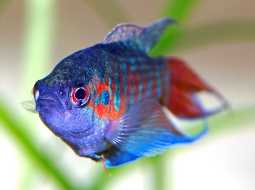
- Ph: 6 - 8
- Temperature (c°): 16 - 24
- Measures: 8 cm - 12cm
- Aquarium Capacity:
84 Liters - 22 Gallons - Alimentación: Omnivores
- Colores: Blue, Orange, Red
- Comportamiento: Active, Likes to take refuge, Peaceful, Territorial, Territorial with its species
- Habitad: Asian
- Preferencias del Acuario: Natural plants, Rocks, Sand
- Tamaño: Medium
- Taxonomía: Fish
- Tipo de Agua: Sweet water, Tropical waters
- Velocidad de nado o movimiento: Normal
- Zona de Nado: Swim in the middle of the aquarium

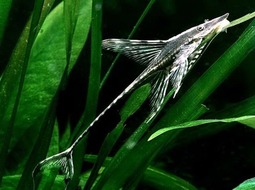
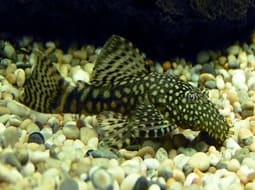
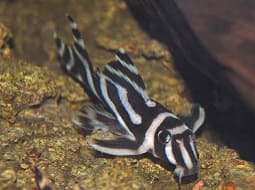
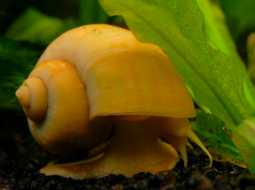
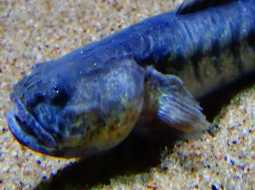
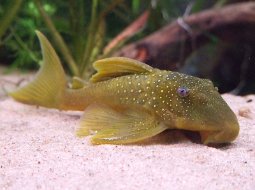
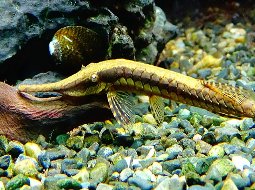
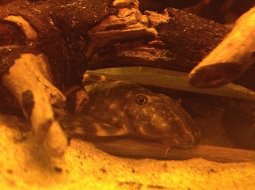
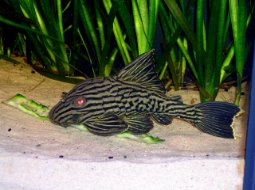
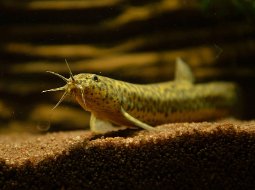
.jpg)
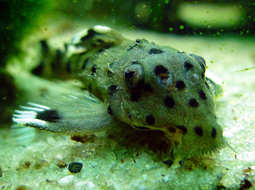
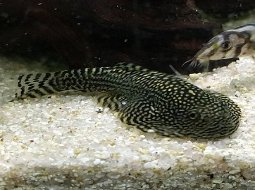
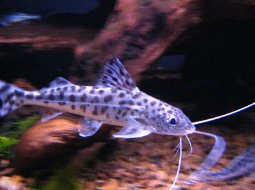
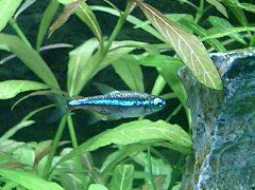
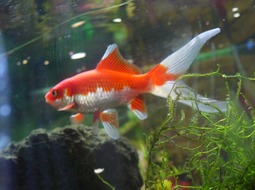
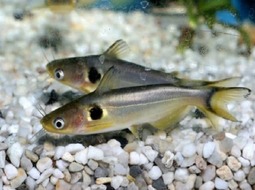
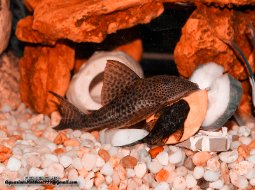
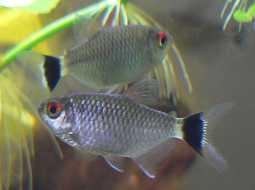
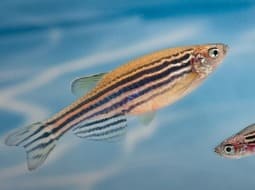
.jpg)
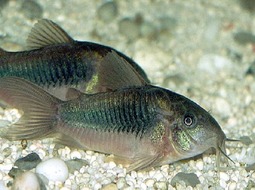
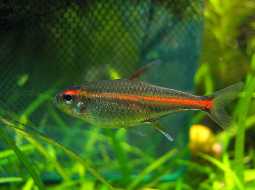
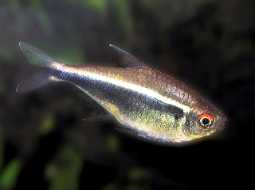
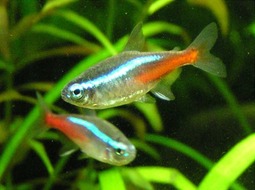
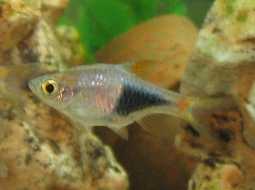
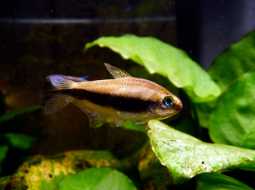
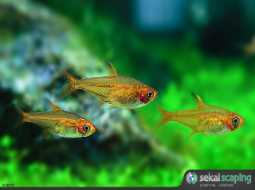
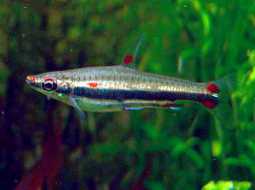
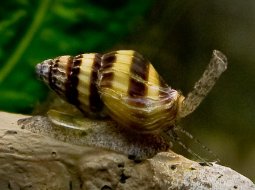
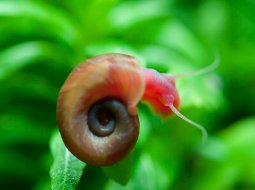
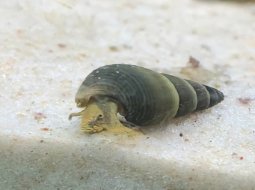
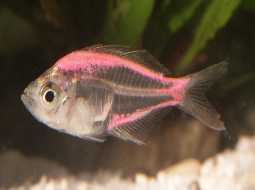
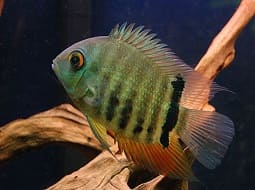
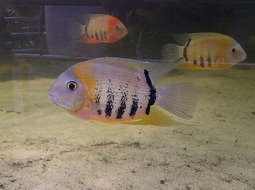
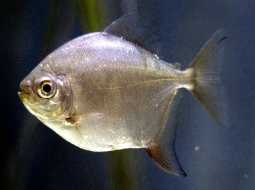
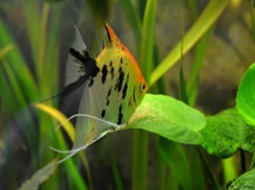
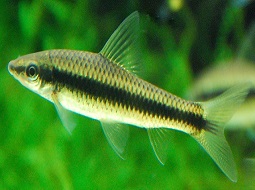
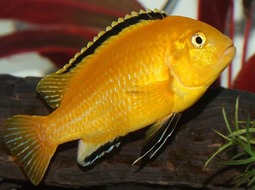
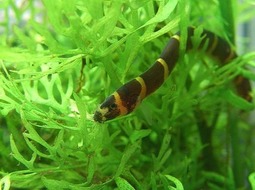
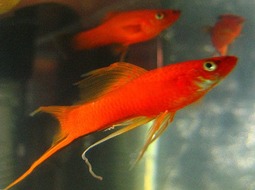
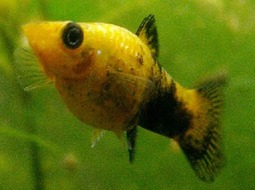
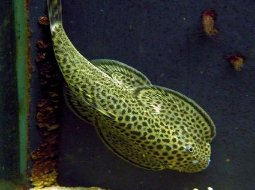
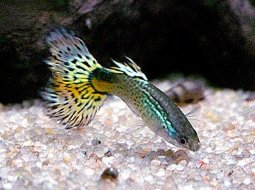
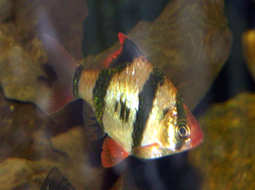
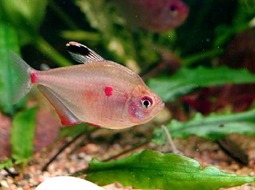
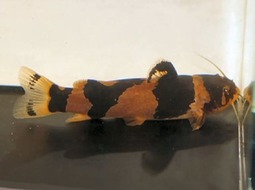
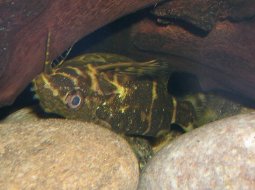
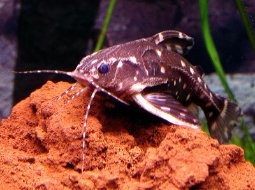
.jpg)
